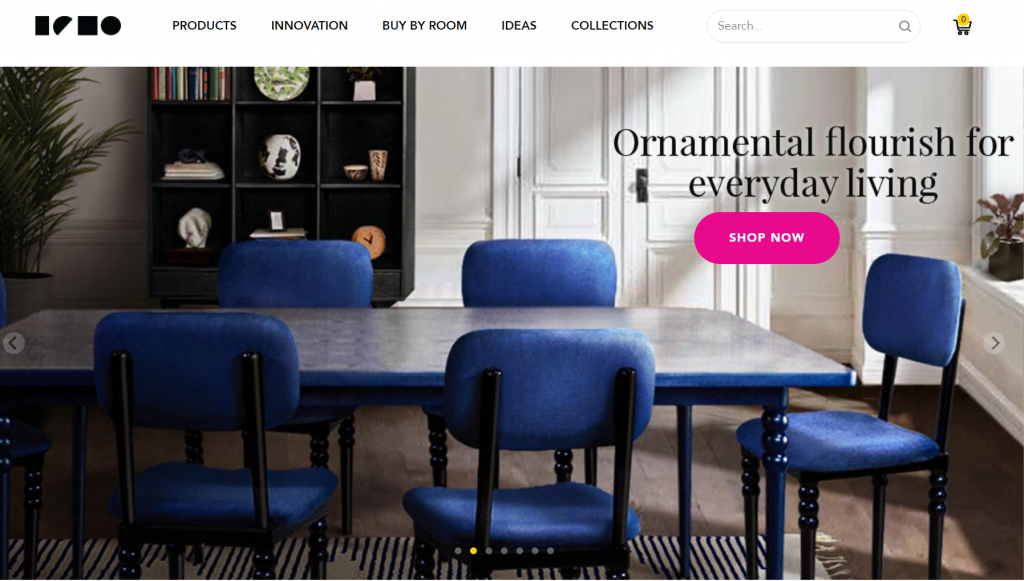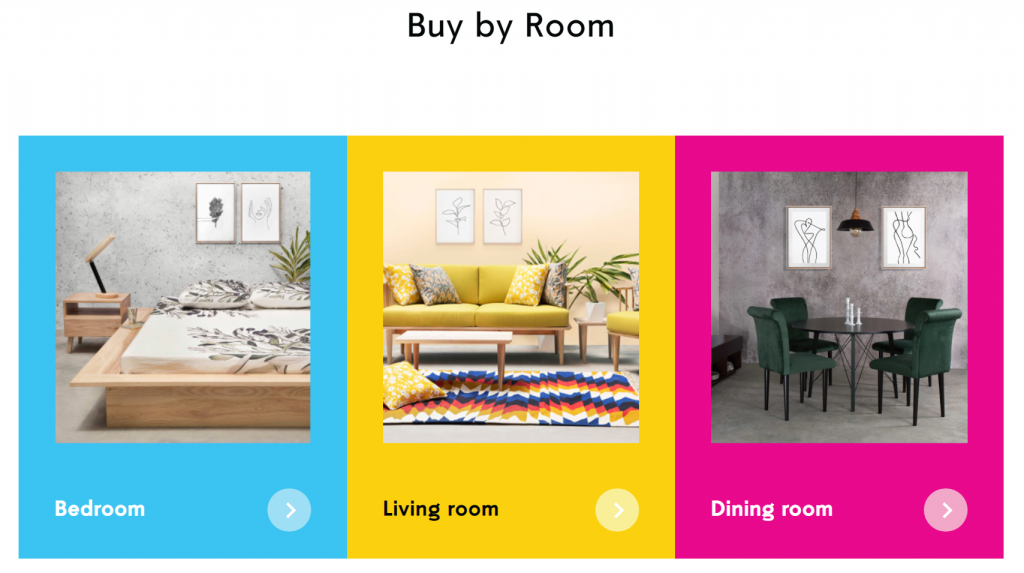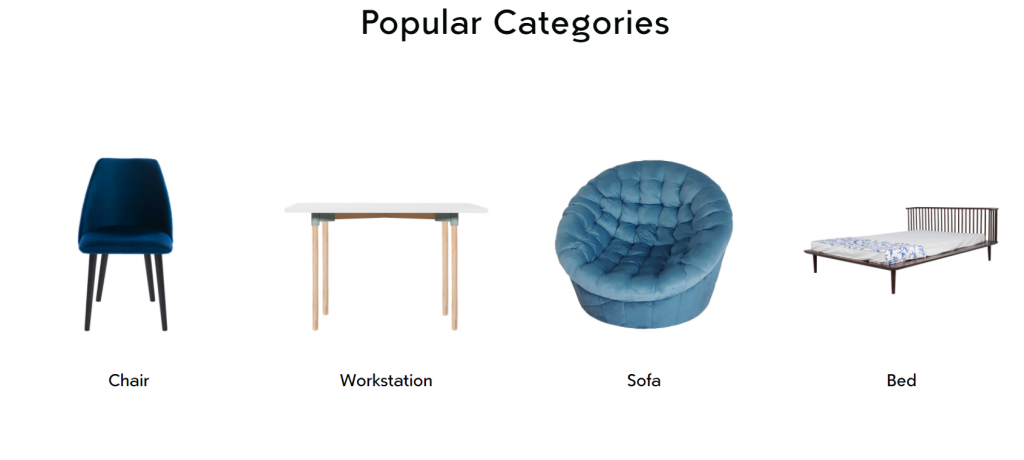
This week at Founder at Work, we speak with ISHO Founder and Managing Director Rayana Hossain about her early life, how her childhood and upbringing continue to shape her life and work, her path to what she is doing today, and behind the scenes of ISHO. We explore how she came to found ISHO, how ISHO has evolved over the past year, insights from her entrepreneurial journey and growing a business, and much more.
Here are a few highlights from our conversation:
I am fortunate that I come from a family of entrepreneurs and business owners which while I was growing up allowed me to understand the various nuances of running a business. It is this exposure that has allowed me to take on the challenges and responsibilities of running a business today.
The main challenge for us is to solve how we can change perceptions and consumer behavior by bringing about a newfound appreciation for design. With this in mind, we’ve always tried to be innovative in our approach.
We have followed a calculated strategy of online-first. Our first 100 customers came through organically by word of mouth and digital marketing.
ISHO takes inspiration from global locations and the history of different materials when it comes to designing a particular collection or product.
Inclusiveness is a part of our culture and we ensure that gender is never a barrier towards growth. I personally believe in women empowerment and we constantly strive to achieve that within the organization.
Challenges and stress shouldn’t be yours alone and I personally try and adopt a collaborative approach at ISHO.
Never stop believing in what you want to achieve.
Future Startup
Could you please tell us about your background i.e. your childhood, education, early career, and your path to entrepreneurship? How has your childhood and upbringing shaped your work and worldview?
Rayana Hossain
I am fortunate that I come from a family of entrepreneurs and business owners which while I was growing up allowed me to understand the various nuances of running a business. It is this exposure that has allowed me to take on the challenges and responsibilities of running a business today. I grew up in Dhaka and moved to Toronto to finish high school. I spent my college years in both Canada and the United States.
Apart from my degrees in Architecture and Visual Studies from the University of Toronto, I also spent 3 years at Harvard for my master's degree. I was the Co-President of HarvardxDesign, a program that focuses on the collaboration between design and business through GSD and HBS. It was here when I realized that design is an extremely integral part of business and believed that it should be incorporated in all organizations. Great designs and creativity can be used to transform systems and inspire innovation.
Future Startup
When and how did you get started with ISHO? What motivated you to start ISHO?
Rayana Hossain
Given my interest in designs, I was motivated to start my own brand that focuses on global designs. I started ISHO in 2017 after moving back to Bangladesh. I realized that there was a visible gap in the market where people were not exposed to products of international standards. While the new-age customer tastes and preferences are evolving, there are not many options in the market to fulfill that demand. I aimed to offer customers high-quality products at affordable prices and help them transition into modern and global designs.
A significant amount of time was spent researching the market, individual tastes and preferences, and concepts that would work locally before we launched to ensure that our products would resonate with audiences. Along with this, I was determined to manufacture all our products locally and ensure we stuck to our belief in reinventing the use of spaces and creating unforgettable experiences for people in their daily lives.
Future Startup
What went into building the initial operation of ISHO? How did you put together initial investment and other things to get started? Please walk us through what the first few months to one year of ISHO and your journey were like.
Rayana Hossain
People make a company. So, my priority was to build a team who would believe in my vision. I've conducted multiple trainings with the team, across the board to instill an understanding of the finer details of design aesthetics.
From personally training the factory workers to planning the initial execution, I wanted to ensure that the foundation of ISHO is built on design knowledge and a strong understanding of the brand’s essence.
We now have a team of over 150 people who share not only my vision for the company but also the belief that we are truly making a difference in people’s daily lives. From conducting numerous focus groups and in-house research on global trends and influences, pre-launch to product development, we opened up our online platform almost from the get-go. Within 6 months, we also opened our store in Baridhara, which is one of the largest standalone stores in the country.
Future Startup
What were some major challenges you faced in the early months and how did you deal with them?
Rayana Hossain
I would say months and not years in this context! People forget we’re only a year old! One of our major challenges, and probably one behavioral pattern that we continually look into, is that Bangladesh is a very traditional market when it comes to buying furniture.
The main challenge for us is to solve how we can change perceptions and consumer behavior by bringing about a newfound appreciation for design. With this in mind, we’ve always tried to be innovative in our approach.

Future Startup
How did you grow ISHO in the early days? How did you find your first 100 customers and grow from there? What are some strategies and tactics you used in the early years?
Rayana Hossain
I have already touched upon the early days of ISHO and the amount of research we went through to finally decide on the products we wanted to introduce initially.
We have followed a calculated strategy of online-first. Our first 100 customers came through organically by word of mouth and digital marketing.
Our growth today – with over 12,000 followers on Instagram and over 50,000 followers on Facebook - is down to our designs and appreciation of the products we are introducing.
Future Startup
Could you please give us an overview of ISHO today in terms of products and services you offer, the number of outlets, the size of your business, etc as well as your ambition going forward?
Rayana Hossain
Appreciating and understanding traditional buying behavior where people would prefer to go to showrooms and buy their furniture has been a key learning for all of us at ISHO. As mentioned previously, we’re trying to change perceptions and bring about a newfound appreciation towards designs. Going forward, we see ourselves focusing on expansion into new markets regionally.
On the day we launched our e-commerce platform, we started with 8 collections on display and had 150 products available. As of today, we have over 600 products that are spread across 14 distinctive categories.
Future Startup
How much has ISHO evolved over the past years i.e. if you compare ISHO today with ISHO from the early days?
Rayana Hossain
We’re constantly learning and evolving – however, today I feel that we’re ready and equipped to meet the demands of our customers and partners. This applies not only to product designs, supplying furniture to various locations across the country but also in providing interior design solutions to our partners and individuals.
Future Startup
How does your operation work, from designing and manufacturing furniture to delivering it to customers?
Rayana Hossain
ISHO takes inspiration from global locations and the history of different materials when it comes to designing a particular collection or product. For instance, our collection, Noblitt is a take on the mid-century use of metal in furniture by American companies where this concept was first conceived.
Our Ratargul collection is inspired by the swamp forests of Sylhet. The furniture is made from rattan, the fibrous climbing palms found in Ratargul.
Our Pompeii collection’s design is inspired by the historic architectural features found in the ruins of Pompeii which you can see in the curves present in the furniture. The process from conceptualization to manufacturing is an elaborate one and extensive research is conducted before we finalize and then go on designing each product.
All our furniture is manufactured locally at our factory and then available to be purchased from our website and store. All products ordered are then delivered to our customers.
Future Startup
How big is your team? Could you tell us about your culture at ISHO?
Rayana Hossain
We currently have over 150 employees at ISHO. We aim to create a friendly and conducive environment for all our employees and ensure that each of our team members - whether male or female - get equal opportunities and roadmaps to grow within the system.
Inclusiveness is a part of our culture and we ensure that gender is never a barrier towards growth. I personally believe in women empowerment and we constantly strive to achieve that within the organization. The thrill and excitement of being part of a growing company’s journey is one factor that appeals to anyone who joins us.

Future Startup
How have you attracted users and grown ISHO? Could you tell us about the strategies and activities that you carried out to achieve the growth?
Rayana Hossain
Currently, we have both an online and offline presence and have operations in Dhaka, Chittagong, and most recently Sylhet; having both has really helped engage customers particularly during this lockdown.
We have also participated at various events such as Dhaka Literature Festival, Dhaka International Trade Fair, and launched a new co-living solution Dormbox at NSU that we believe helped with brand awareness and has attracted a large customer base for ISHO.
Future Startup
What are the lessons you’ve learned in terms of building a business, a retail furniture company in particular?
Rayana Hossain
There have been far too many to mention but I’d like to start with my point about people and culture. Without good and capable people and an inclusive and open culture, businesses would fail.
From a product and services standpoint you need to differentiate yourself from your competitors – whether it’s in regards to being innovative, customer service, or recognizing what the customers’ needs are - we try to achieve the best possible results.
Future Startup
What are some mistakes you’ve made if any, that you want other entrepreneurs to avoid?
Rayana Hossain
Our immediate aim is to be the market leader in Bangladesh. I wouldn’t say I have made mistakes but I have learned a few valuable lessons in the past year. You need to be patient and have trust in the process and your vision.

Future Startup
How do you deal with the challenges and stress that come with being an entrepreneur?
Rayana Hossain
Challenges and stress shouldn’t be yours alone and I personally try and adopt a collaborative approach at ISHO. I have weekly management meetings to make sure everyone is on the same page across all departments.
The key is to maintain transparency and constant communication, particularly within the top management of every department, to ensure that we identify problem areas and address issues together. Sometimes, you need to take a step backward to move forward is what I believe in.
Future Startup
How do you stay productive and positive as a founder and CEO? What does a typical day of yours look like?
Rayana Hossain
There isn’t a typical day at ISHO but it’s best summarised by design, innovation, and development. These are the three pillars that we’re all focusing on right now as we expand and introduce new designs to the market.
My positivity comes from my team, the milestones we have achieved, and the thought of where we can go as a company.
Future Startup
What advice would you give to founders who are just starting out?
Rayana Hossain
Never stop believing in what you want to achieve. There is also no set model to success. People are the most important asset a company will have so that definitely needs to be a starting point in any journey for all founders.
